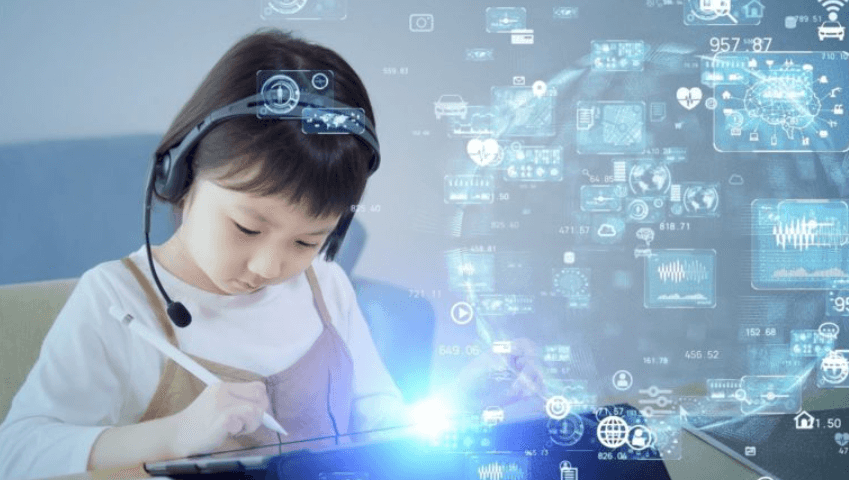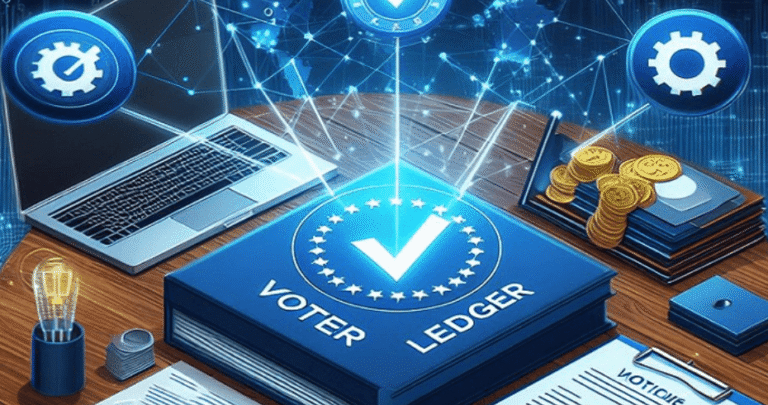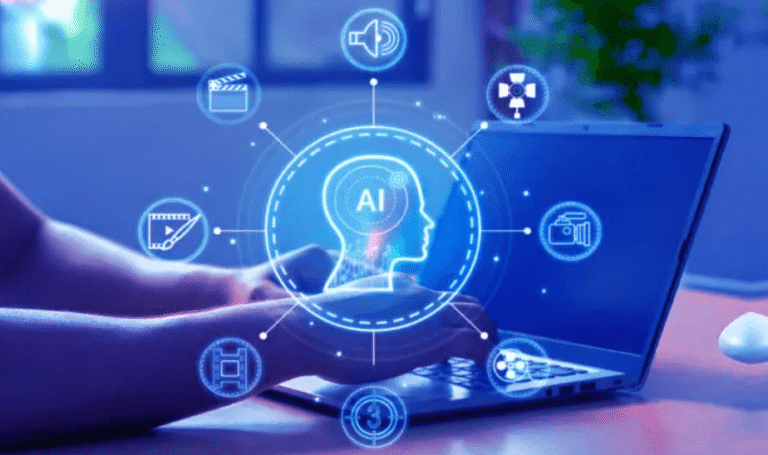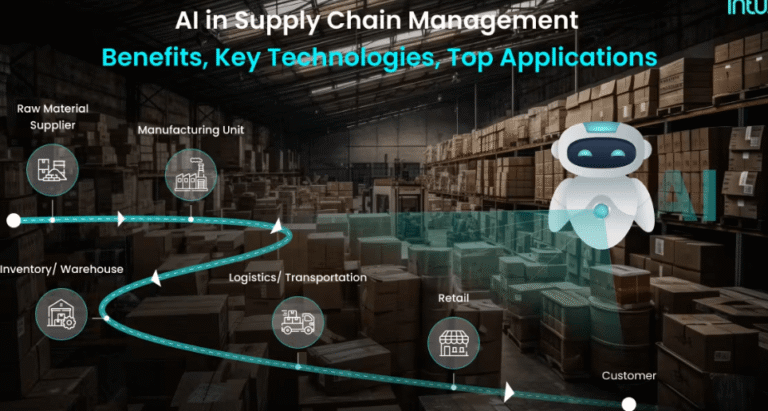AI is fundamentally reshaping educational landscapes by introducing innovative tools that enhance learning outcomes. Intelligent tutoring systems provide tailored experiences, while data analysis fosters personalized learning approaches. Moreover, predictive analytics allows for the identification of at-risk students, paving the way for timely support. As these technologies evolve, they raise questions about their broader implications for both educators and learners in the quest for academic excellence. What challenges and opportunities lie ahead in this transformation?
The Role of Intelligent Tutoring Systems
Intelligent Tutoring Systems (ITS) represent a transformative approach to personalized education, offering tailored learning experiences that adapt to individual student needs.
By harnessing adaptive learning technologies, ITS enhance student engagement through interactive content and real-time feedback.
This innovative framework not only empowers learners to navigate their educational journeys autonomously but also fosters a deeper understanding of concepts, ultimately promoting academic success and independence.
See also: How AI and Data Analytics Are Transforming Sports Performance
Personalized Learning Through Data Analysis
As educators increasingly embrace data-driven methodologies, personalized learning emerges as a powerful strategy to cater to diverse student needs.
By employing adaptive assessments, institutions can analyze individual performance and tailor learning pathways accordingly. This approach not only enhances engagement but also fosters autonomy, empowering students to take charge of their education.
Ultimately, data analysis catalyzes a more effective and individualized learning experience.
Enhancing Teacher Support With AI Tools
The integration of AI tools in education not only enhances personalized learning experiences but also significantly bolsters teacher support.
By facilitating efficient teacher collaboration, AI enables educators to share best practices and resources seamlessly.
Moreover, these tools assist in curriculum development by analyzing student data, ensuring that instructional materials are tailored to meet diverse learner needs, ultimately enriching the educational landscape.
Predictive Analytics and Early Intervention Strategies
While traditional educational approaches often rely on historical data and teacher intuition, the advent of predictive analytics offers a transformative perspective on student performance and behavior.
By employing data-driven decision making, educators can engage in student performance forecasting, identifying at-risk individuals early.
These strategies enable timely interventions, fostering an environment where every student can thrive and achieve their full potential, ultimately enhancing overall educational outcomes.
Conclusion
In summation, the synergistic shift towards AI in education signifies a substantial step forward, fostering fruitful foundations for future learning. By personalizing pathways, predicting pitfalls, and empowering educators, these technologies cultivate a culture of continuous improvement and innovation. As artificial intelligence increasingly integrates into academic environments, it promises to bridge gaps, boost brilliance, and ultimately enhance educational outcomes. This transformative tide heralds a hopeful horizon for learners and educators alike, ensuring that everyone can thrive in their educational endeavors.



